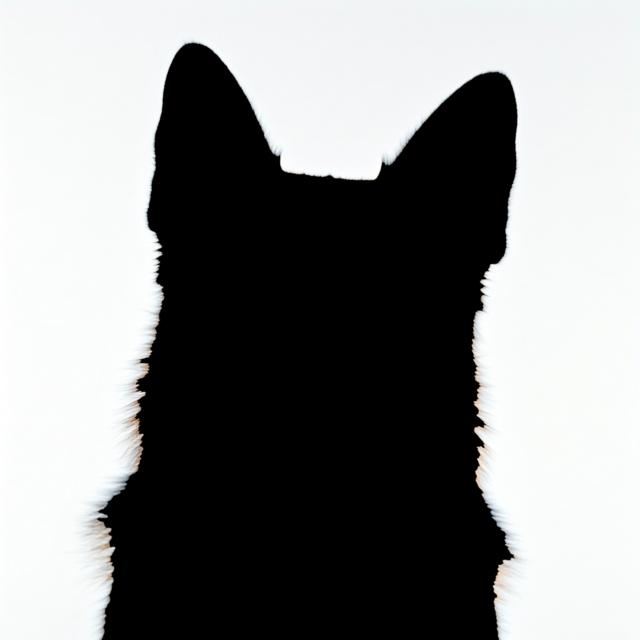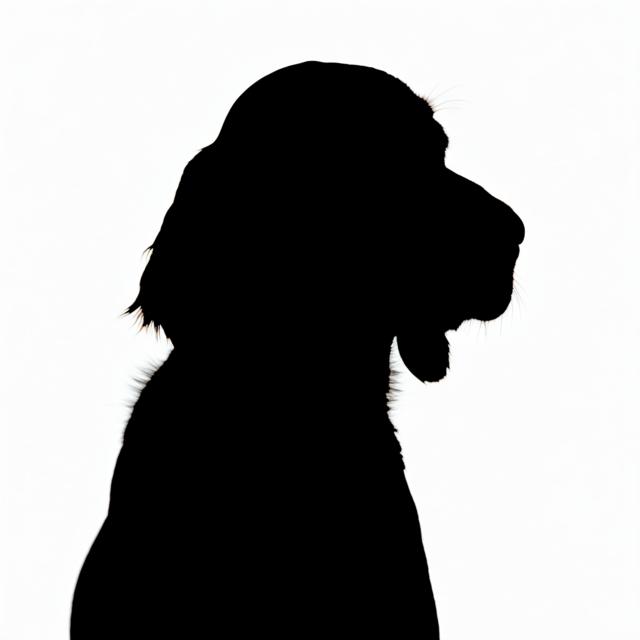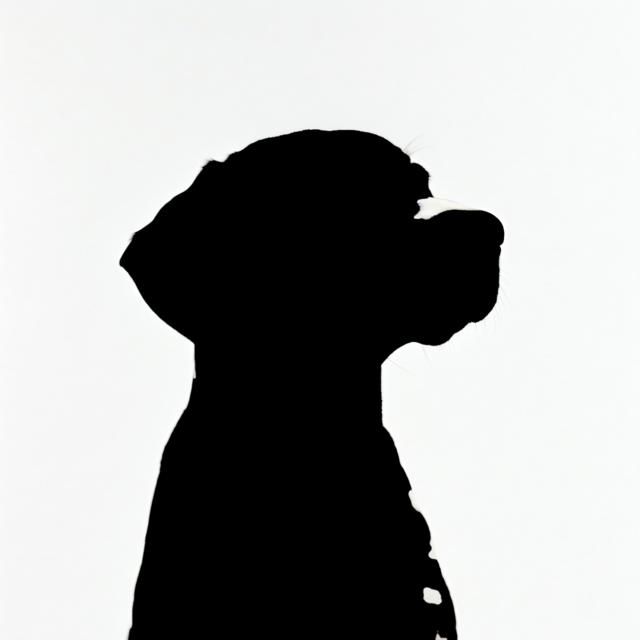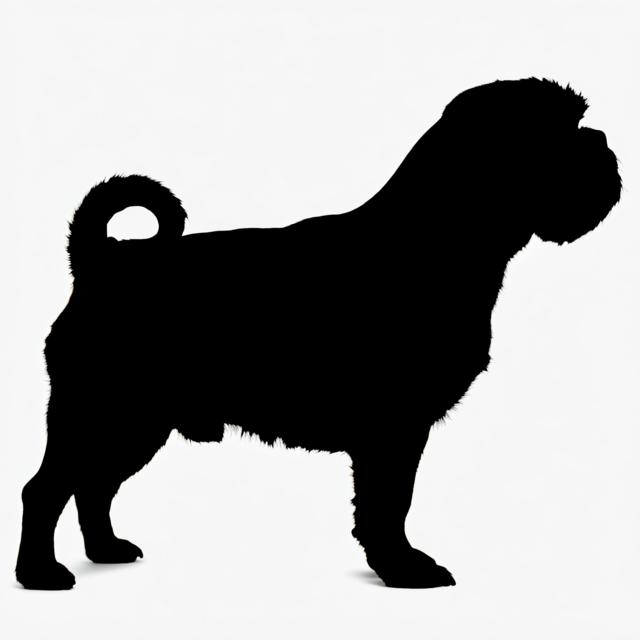Boxer
Deutscher Boxer
 akc
akc ankc
ankc ckc
ckc fci
fci nzkc
nzkc rkc
rkc ukc
ukc



Summary
- Boxers are energetic and playful dogs, known for their loyalty and affection towards family. They are a working breed that require daily exercise, consistent training, and early socialization.
Origin and Purpose
- Developed in Germany in the 19th century from the now extinct Bullenbeisser and the English Bulldog. Initially used for bull-baiting, they later became butcher’s assistants, cattle dogs, guard dogs, and message carriers in times of war.
Appearance
Dimensions
| Gender | Height | Weight |
|---|---|---|
| Female | 21-24 inches (53-61 cm) | 55-70 pounds (25-32 kg) |
| Male | 23-25 inches (58-63 cm) | 65-80 pounds (29-36 kg) |
Coat
| Attribute | Notes |
|---|---|
| Color |
|
| Type |
|
| Length |
|
Care
| Attribute | Notes |
|---|---|
| Shedding |
|
| Grooming |
|
| Drooling |
|
Body
| Attribute | Notes |
|---|---|
| Head |
|
| Skull |
|
| Ears |
|
| Eyes |
|
| Nose |
|
| Muzzle |
|
| Teeth |
|
| Neck |
|
| Forequarters |
|
| Fore Legs |
|
| Hindquarters |
|
| Hind Legs |
|
| Feet |
|
| Tail |
|
| Gait |
|
Temperament
- Energetic, intelligent, loyal, and can be very playful, especially with children. They are known for their patience and love of family, and make devoted companions.
Social
| Attribute | Notes |
|---|---|
| Affectionate with Family |
|
| Good with Children |
|
| Good with Dogs |
|
| Good with Cats |
|
| Openness to Strangers |
|
| Playfulness Level |
|
| Protective Nature |
|
| Adaptability Level |
|
Working Roles
- Guard dog
- Service dog
- Police dog
- Military dog
- Show dog
- Family Companion
Exercise Needs
- High (Requires daily physical and mental exercise)
Health
- Prone to certain health conditions including hip dysplasia, heart conditions such as cardiomyopathy and aortic stenosis, hypothyroidism, and cancers such as mast cell tumors, lymphoma and others
Additional Notes
- Boxers require consistent training and socialization from an early age due to their strong will. They are sensitive and respond well to positive reinforcement. They can be prone to heatstroke and should not be left outside in hot weather.